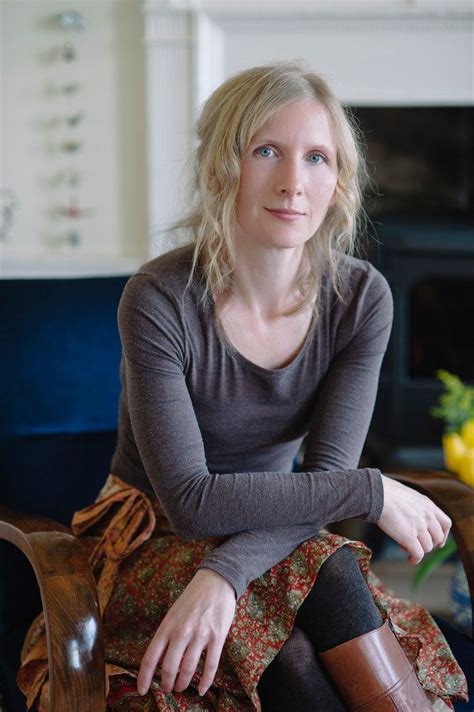A Quote by Gene Tierney
It is difficult to write about any form of mental disease, especially your own, without sounding as if you were examining a bug under glass.
Related Quotes
Just coming to terms with the fact that I got to play April Wheeler [Revolutionary Road] and Hanna Schmitz [The Reader] in one year, let alone in my lifetime. I'm very, very aware of how rare that is as an opportunity for any one person. I can't tell you how much I've been able to take away from these experiences creatively. I really, really learned so much about acting, about myself... all of those things. It's difficult to talk about the actor's process without sounding like an arrogant asshole but they really were very challenging.
A brown spotted lady-bug climbed the dizzy height of a grass blade, and Tom bent down close to it and said, "Lady-bug, lady-bug, fly away home, your house is on fire, your children's alone," and she took wing and went off to see about it -- which did not surprise the boy, for he knew of old that this insect was credulous about conflagrations, and he had practised upon its simplicity more than once.
People just didn't write songs that were so directly emotional in those days. They still don't. Part of Hank's [Williams] thing was that he was opening up about relationships between men and women in ways that nobody else did, and I think that's something that made him stand out so much. His songs are just so straightforward about these really deep feelings that are universal, but they're so hard to write about without sounding sappy or over the top. You think of men in that era - they didn't express themselves that way.
Let's say that history is what happened. The record of what happened is how each individual happens to see those events. They've already been ?ltered. When the historian or biographer takes over, history is no longer exactly what happened, because there has been a process of selection going on; it's impossible to write about anyone, any event, in any period of time, without in some way imposing, even unconsciously, your own standards, your own values.
I like to start off my day with a glass of champagne...I like to wind it up with a glass of champagne, too. To be frank, I also like a glass or two in between. It may not be the universal medicine for every disease, as my friends in Reims and Epernay so often tell me, but it does you less harm than any other liquid.
There are whole states where people [with addiction or mental health issues] can't get to a doctor. If that were true of pancreatic cancer, if that were true of heart disease, if that were true of diabetes, we'd all understand that it made no sense at all. And yet we somehow approach mental health from a very different standard.
What attracted me about my mirrors was the idea of having nothing manipulated in them. A piece of bought mirror. Just hung there, without any addition, to operate immediately and directly. Even at the risk of being boring. Mere demonstration. The mirrors, and even more the Panes of Glass, were also certainly directed against Duchamp, against his Large Glass.



































